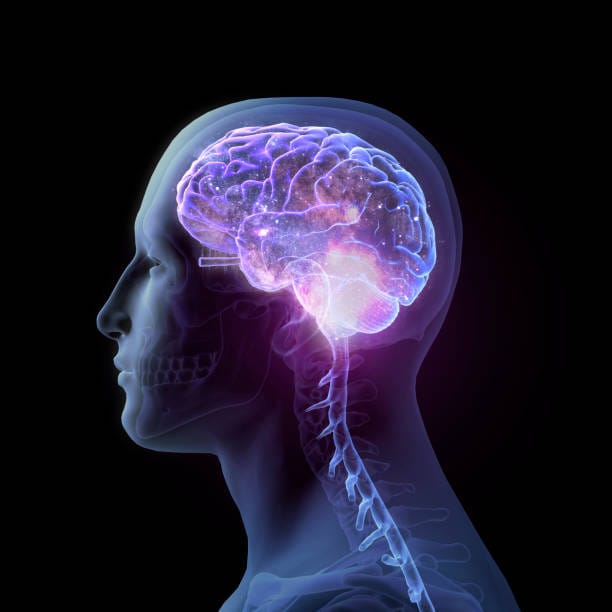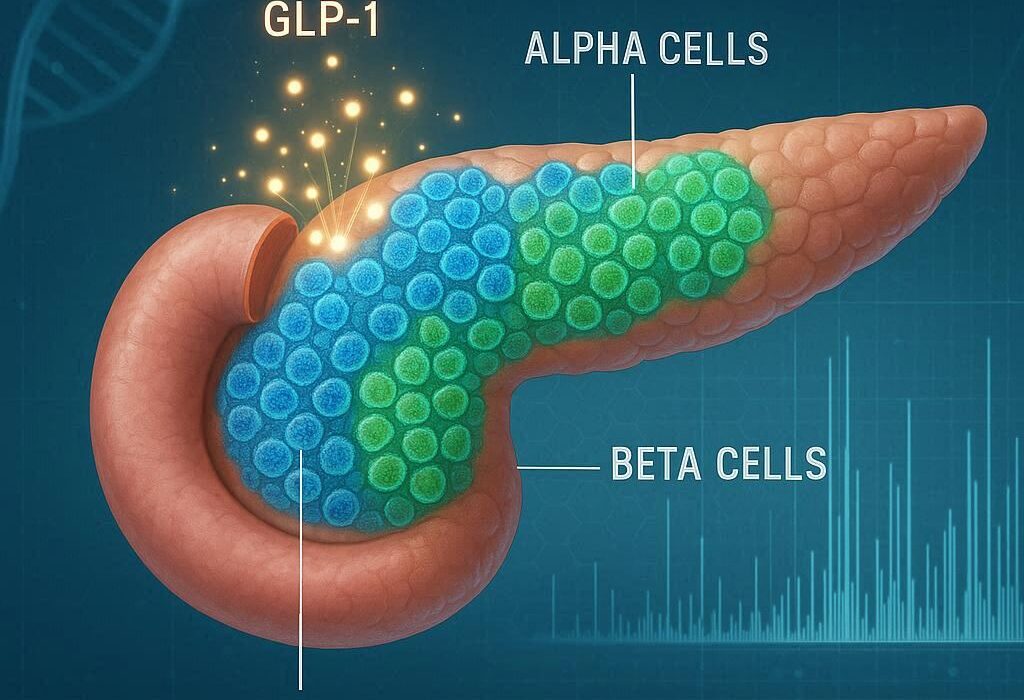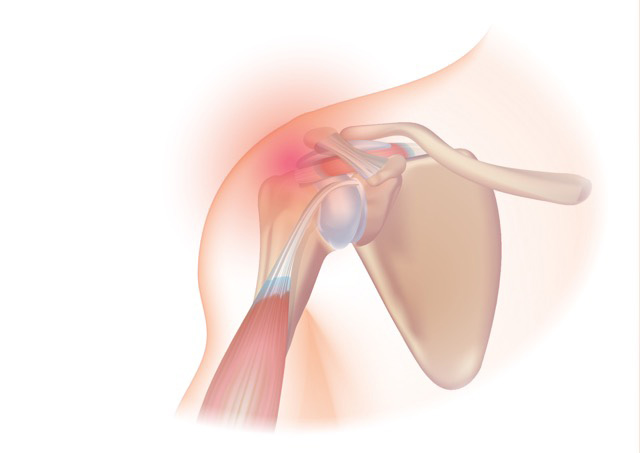From ancient scholars debating in the marble courtyards of Athens to modern neuroscientists scanning the human brain in glowing images of magnetic resonance, humanity has been fascinated by one central question: Can we make our minds better? The desire to enhance our mental faculties is not a modern obsession born of productivity culture; it is woven into our history. Ancient philosophers sought clarity of thought through disciplined reasoning, monks cultivated mental focus through meditation, and Renaissance thinkers experimented with diet, music, and intellectual challenge as tools to sharpen the mind.
Today, the dream of boosting brainpower feels more urgent than ever. In an age where our attention is fragmented by constant notifications and our days are saturated with information, mental clarity and resilience are as valuable as gold. The science of cognitive enhancement has moved beyond the vague realm of self-help into the territory of peer-reviewed research, where neuroscientists are uncovering precise, measurable ways to influence memory, attention, creativity, and problem-solving.
But the truth about boosting brainpower is neither mystical nor miraculous—it is a story of biology, environment, and deliberate practice. Understanding how the brain works is the first step toward helping it work better.
The Brain’s Dynamic Nature
The human brain is often compared to a computer, but this analogy fails to capture its most extraordinary quality: its ability to change. Unlike machines, which wear down with use, the brain grows stronger with the right kind of challenge. This capacity for adaptation, known as neuroplasticity, is the foundation of all cognitive enhancement.
Neuroplasticity allows new neural pathways to form, existing pathways to strengthen, and underused ones to fade. Learning a new language, mastering a musical instrument, or even changing your daily habits can literally rewire your brain. Modern brain imaging has revealed that regions of the brain expand in volume when subjected to regular, targeted stimulation—taxi drivers in London, for instance, have been shown to develop an enlarged hippocampus due to the demands of navigating the city’s complex streets.
However, neuroplasticity is a double-edged sword. Just as beneficial experiences strengthen the brain, harmful habits can shape it in detrimental ways. Chronic stress, poor diet, and prolonged inactivity can shrink crucial brain regions, impair memory, and reduce emotional resilience. The task, therefore, is not simply to “use your brain,” but to use it wisely and nourish it well.
Nutrition: Fuel for Thought
The brain, despite representing only about two percent of the body’s weight, consumes roughly twenty percent of its energy. What we eat directly influences how well our neurons function. Glucose is the brain’s primary fuel, but not all sources of glucose are created equal. Sugars from processed foods can cause rapid spikes and crashes in blood sugar, leading to mental fatigue and irritability. In contrast, complex carbohydrates from whole grains, vegetables, and legumes provide a steady, sustained energy supply.
Equally important are omega-3 fatty acids, particularly docosahexaenoic acid (DHA), which form an essential component of neuronal membranes. Diets rich in fatty fish, walnuts, and flaxseed have been associated with improved memory and learning capacity. Antioxidants from berries, dark chocolate, and green tea combat oxidative stress, which can damage brain cells and contribute to cognitive decline.
Recent studies have also highlighted the role of the gut microbiome—the trillions of bacteria in our digestive tract—in mental health and cognition. A diverse, balanced gut microbiome produces neurotransmitters such as serotonin and dopamine, influences inflammation levels, and even communicates directly with the brain via the vagus nerve. A diet rich in fiber, fermented foods, and prebiotic compounds nurtures this microscopic ecosystem, indirectly boosting mental clarity and mood stability.
The Science of Sleep and Memory Consolidation
Sleep is often treated as optional in our achievement-driven culture, yet it is arguably the most powerful—and most neglected—tool for cognitive enhancement. During sleep, the brain does far more than rest. It engages in memory consolidation, a process where the hippocampus and neocortex work together to stabilize and integrate new information learned during the day.
Deep slow-wave sleep, which predominates in the early part of the night, is particularly important for consolidating declarative memories—facts and events. Rapid Eye Movement (REM) sleep, which occurs later in the night, plays a crucial role in integrating emotions and fostering creativity. Studies have shown that people deprived of REM sleep perform worse on tasks that require innovative thinking, while those who nap or sleep adequately show enhanced problem-solving skills.
Moreover, sleep acts as a kind of housekeeping service for the brain. The glymphatic system, a network of fluid channels, becomes highly active during deep sleep, flushing out metabolic waste products, including beta-amyloid, a protein associated with Alzheimer’s disease. Regular sleep deprivation not only impairs attention and working memory in the short term but increases the risk of neurodegenerative disease in the long run.
Physical Exercise and Brain Health
The benefits of physical exercise extend far beyond muscle strength and cardiovascular health; they reach deep into the folds of the brain. Aerobic exercise, in particular, has been shown to increase the size of the hippocampus, improve blood flow to the brain, and stimulate the release of brain-derived neurotrophic factor (BDNF), a protein that supports the survival and growth of neurons.
Exercise also has a powerful influence on mood-regulating neurotransmitters such as serotonin, dopamine, and endorphins. These biochemical shifts not only enhance emotional well-being but also create a mental environment more conducive to learning and memory formation. Even brief bouts of physical activity—such as a brisk walk—can improve attention and executive function for hours afterward.
Importantly, exercise also combats two of the brain’s worst enemies: chronic inflammation and oxidative stress. By reducing these harmful processes, regular physical activity helps preserve cognitive abilities well into old age.
The Power of Mental Challenge
The brain thrives on challenge. Engaging in complex, mentally demanding activities encourages the formation of new synapses and strengthens existing neural networks. Learning a musical instrument, studying a new language, tackling advanced mathematics, or playing strategy-based games stimulates multiple areas of the brain simultaneously.
Research has shown that lifelong learning delays cognitive decline, acting as a form of “cognitive reserve” that can help the brain compensate for age-related changes or damage. This does not mean passively consuming information—scrolling through headlines or watching documentaries has limited impact compared to active engagement, which requires sustained focus, problem-solving, and feedback.
Deliberate practice—structured, goal-oriented learning with immediate feedback—has been shown to produce the most significant gains in skill and neural adaptation. The discomfort we feel when tackling a hard problem is not a sign of weakness but of growth; it is the sensation of our brain literally rewiring itself.
Mindfulness and Emotional Regulation
In recent years, mindfulness meditation has moved from the realm of spiritual practice into the laboratories of cognitive neuroscience. Dozens of studies now confirm that regular mindfulness training can thicken the prefrontal cortex, enhance connectivity between brain regions, and reduce the size of the amygdala, the brain’s threat detection center.
Mindfulness works not by suppressing thoughts, but by training attention to remain anchored in the present moment without judgment. This cultivates emotional regulation, reduces stress, and improves working memory. Chronic stress is toxic to the hippocampus, impairing its ability to form new memories. By lowering stress hormones such as cortisol, mindfulness protects and even restores cognitive function.
Neuroimaging studies reveal that mindfulness practitioners exhibit enhanced activity in networks responsible for attention, empathy, and self-awareness. These effects are not limited to monks in remote monasteries; even eight weeks of regular practice can produce measurable structural changes in the brain.
Social Interaction and Cognitive Vitality
Humans are deeply social creatures, and our brains evolved in the context of rich interpersonal networks. Social interaction is more than emotional comfort—it is a cognitive workout. Conversations require memory retrieval, emotional interpretation, quick thinking, and adaptability, activating multiple brain regions at once.
Epidemiological studies have found that people with strong social ties are less likely to experience cognitive decline as they age. Isolation, by contrast, is associated with accelerated brain shrinkage and higher rates of dementia. Social engagement may enhance the brain’s plasticity by providing a constant stream of unpredictable, stimulating input.
Group learning environments, collaborative problem-solving, and even casual discussions can spark new ideas and strengthen neural connections. The emotional bonds formed through these interactions also buffer the brain against stress, further supporting cognitive resilience.
The Role of Technology—Friend or Foe?
Modern technology offers unprecedented access to information and cognitive tools, from language-learning apps to brain-training games. Yet it also poses unique challenges to attention and memory. Constant notifications, algorithm-driven content feeds, and the temptation of multitasking can fragment focus and diminish deep thinking.
The key lies in intentional use. Technology can enhance cognition when it supports structured learning, provides adaptive feedback, or allows creative expression. For example, virtual reality environments are being explored as tools for immersive memory training, while AI-driven platforms can tailor practice to an individual’s weaknesses.
However, passive consumption of digital content rarely produces lasting cognitive benefits. To truly boost brainpower, digital tools should be used to facilitate active engagement, not replace it. Setting boundaries—such as dedicated “offline” periods—protects the brain’s capacity for sustained attention.
Lifelong Cognitive Care
Boosting brainpower is not a single event but a lifelong process. The strategies that enhance cognition in youth—nutrition, exercise, mental challenge, social connection, and stress management—remain equally relevant in older age, when the brain faces natural declines in processing speed and memory capacity.
The concept of “cognitive reserve” underscores the importance of early and sustained engagement. The more robust and interconnected our neural networks, the better equipped we are to withstand age-related changes or injury. Even after damage, such as from a stroke, the brain can often recruit alternate pathways to restore function, provided those pathways have been nurtured over a lifetime.
The Future of Cognitive Enhancement
As neuroscience advances, new frontiers in cognitive enhancement are emerging. Non-invasive brain stimulation techniques, such as transcranial direct current stimulation (tDCS), show promise for accelerating learning and improving working memory. Pharmacological enhancers, sometimes called “nootropics,” are being studied for their potential to improve attention and motivation, though their long-term safety remains uncertain.
Genetic research may one day allow for personalized cognitive interventions based on individual brain profiles. However, the most effective tools we currently possess are not exotic technologies but simple, evidence-based habits that work with the brain’s natural biology.
In the end, the quest to boost brainpower is not just about sharper memory or faster problem-solving. It is about living a richer, more engaged life—one where our mental faculties are not merely preserved, but continually expanded.
The Mind as a Garden
Perhaps the most enduring metaphor for cognitive enhancement is the garden. The brain, like fertile soil, responds to care and cultivation. Nourishment comes from food and rest, growth from challenge and learning, and protection from social connection and emotional balance. Left untended, weeds of distraction, stress, and neglect can take root. But with consistent attention, the mind can flourish at any stage of life.
In boosting our brainpower, we are not just improving our ability to recall facts or solve puzzles. We are expanding the lens through which we see the world, deepening our capacity for empathy, and refining the tools we use to create meaning. The science is clear: the human brain is dynamic, resilient, and hungry for growth. The question is not whether it can be improved, but whether we are willing to give it the conditions it needs to thrive.






